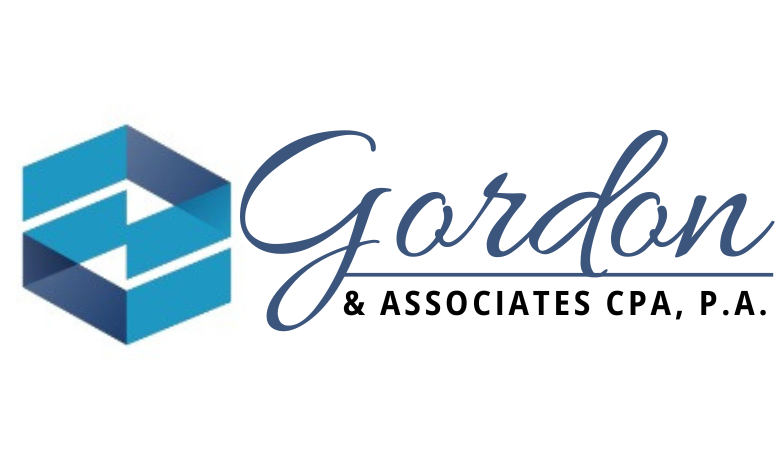The Role of a CPA in Business Succession Planning

Succession planning is a critical but often overlooked aspect of business ownership. Whether you plan to retire, sell your business, or pass it on to the next generation, a CPA plays a vital role in ensuring a smooth transition and protecting your financial interests.
Why Succession Planning Matters: Without a clear succession plan, businesses can face uncertainty, legal challenges, and potential financial losses. A well-structured plan ensures continuity, preserves business value, and aligns with your personal and financial goals.
The CPA’s Role:
- Valuation: A CPA can provide an accurate valuation of your business, which is crucial for setting a fair sale price or determining the value for estate planning.
- Tax Planning: Succession often triggers significant tax consequences. A CPA can help you navigate capital gains taxes, estate taxes, and other liabilities to minimize the tax burden.
- Structuring the Deal: Whether selling to an outside party or transferring ownership to family members or employees, a CPA can advise on the most tax-efficient deal structure.
- Retirement Planning: For owners planning to retire, a CPA can help integrate the sale or transfer of the business into a broader retirement plan, ensuring financial security.
- Contingency Planning: A CPA can also assist in developing contingency plans to address unexpected events, such as the sudden illness or death of an owner.
A CPA’s expertise is invaluable in business succession planning, providing the financial insights needed to make informed decisions and ensure the long-term success of your business. Engaging a CPA early in the process can help avoid costly mistakes and secure your legacy.
Subscribe to our newsletter to receive our latest blog directly to your inbox.




